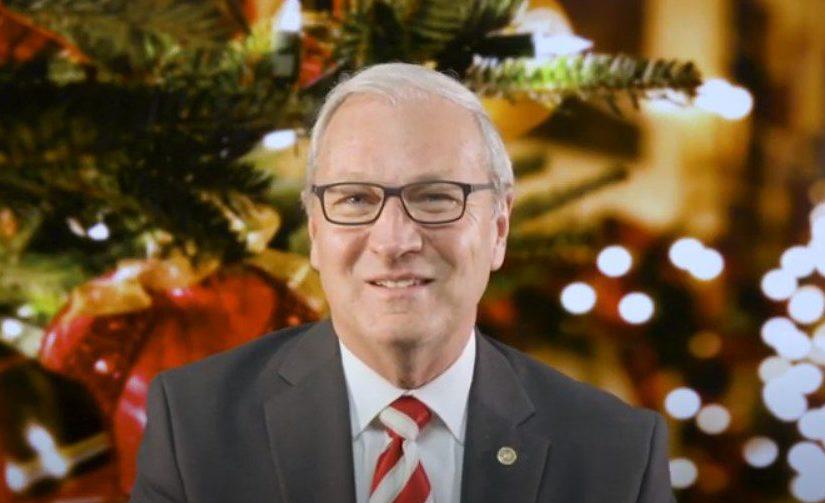

Sen. Kevin Cramer release
WASHINGTON – For five years, North Dakota has been involved in a legal battle with the United States regarding the federal government’s negligence associated with the unlawful Dakota Access Pipeline (DAPL) protests from August 2016 to March 2017. Throughout the protests, which spanned 233 days, activists illegally occupied federal lands and engaged in unlawful, destructive, and violent acts.
These activities, aided and exacerbated by the Obama administration’s negligence, left local and state law enforcement on their own to maintain order. Due to the U.S.’ rejection of the state’s efforts to cooperate and mitigate the protests, North Dakota was left without assistance to protect public safety and clean the very land the activists sought to protect. The federal government and the U.S. Army Corps of Engineers’ (USACE) failure to contain the protests or assist law enforcement resulted in more than $38 million in damages to North Dakota.
Two months ago, U.S. District Judge Daniel M. Traynor issued an order stating the federal government would have to face North Dakota’s claims at trial for the emergency response costs and agreed the federal government owed a “duty of care” to the state.
The lawsuit’s bench trial is scheduled to begin on Thursday, February 15, and will be overseen by Judge Traynor at the William L. Guy Federal Building and U.S. Courthouse in Bismarck. By statute, there will be no jury and all decisions of fact and law will be determined by Judge Traynor.
“Eight years after the rest of the country moved on from the DAPL protests, North Dakota finally has the opportunity to take the federal government to court and fight for financial compensation for the havoc enabled by the Obama administration,” said Cramer. “Instead of containing the illegal protests, the federal government condoned them and instead of assisting North Dakota with law enforcement efforts, it stood by and did nothing. I look forward to an acknowledgment of federal negligence and the resolution of this case in North Dakota’s favor.”
North Dakota originally brought the five-count Complaint against the United States pursuant to the Federal Tort Claims Act (FTCA). The Complaint seeks to recover damages incurred from the costs related to the DAPL protests in 2016 and 2017, including damages to the state property, law enforcement vehicles, and for work to repair damages to the Backwater Bridge. Not only is it incredibly rare for a state to sue the federal government under the FTCA, none have prevailed at trial.
The USACE’s failure to enforce mandatory permitting procedures to conduct protests on federal lands compounded the problem by enabling the unlawful occupation. According to court documents, these trespassers “fired guns, shot arrows at an aircraft, threw Molotov cocktails, rocks, sticks, frozen water bottles, cans and feces at officers, and slashed their vehicle tires.” Throughout the nearly eight months of illegal occupation, law enforcement made a total of 761 arrests, with only 51 of those being from the state. In response, North Dakota was required to enforce the law and protect public safety by mobilizing all of the major state law enforcement and emergency response agencies, the National Guard, and relied on support from local law enforcement and first responder agencies. Additionally, the state was forced to rely on the assistance of law enforcement from 11 other states. North Dakota’s reasonable response to this emergency cost $38,005,071.66.
Since 2017, the 1,172-mile-long underground DAPL has been safely operating and delivering oil from North Dakota to Illinois. Despite this, the pipeline has faced scrutiny under the National Environmental Policy Act (NEPA) three times, including a 1,261-page Environmental Assessment from 2016 which found no significant impact and a 2017 court-ordered remand analysis.
The North Dakota delegation has led many efforts to ensure the pipeline remains operational, including sending a letter to the Assistant Secretary of the Army for Civil Works, requesting uninterrupted operation of DAPL. Additionally, the delegation explained it was in the nation’s best interest to conclude this “seemingly endless” EIS process. In December, North Dakota Governor Doug Burgum explained the pipeline “is an essential part of North Dakota’s and the nation’s energy infrastructure. It plays a pivotal role in ensuring energy security and affordability for the entire nation while providing enormous positive economic impact that touches every North Dakota citizen.”